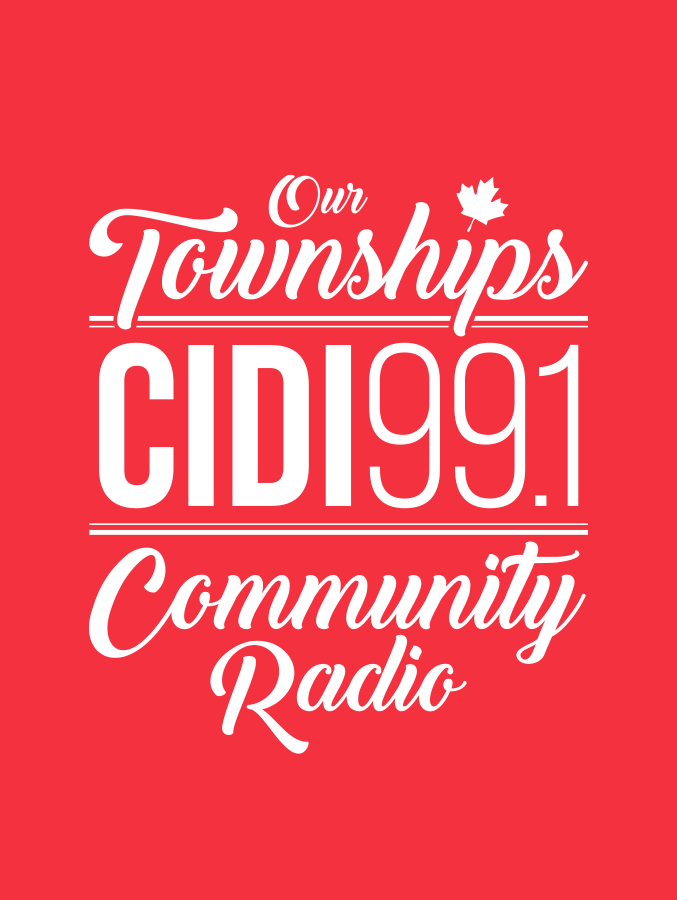Parti Québécois
Parti Québécois: Brome-Missisquoi candidate Guillaume Paquet
Parti Québécois candidate Guillaume Paquet. Photo from Parti Québécois website.
By Taylor McClure
Townships’ Daily News Bits
CIDI 99.1 FM
The Quebec provincial election is quickly making its way around the corner with voting day taking place on Monday, October 3.
According to the Élections Quebec website, there are ten candidates running in the Brome-Missisquoi region for this year’s election.
These candidates are: Isabelle Charest (Coalition avenir Québec), Pierre Fontaine (Démocratie directe), Sébastien Houle (Indépendant), Alexandre Legault (Québec solidaire), Lynn Moore (Canadian Party of Québec), Caitlin Moynan (Green Party), Guillaume Paquet (Parti québécois), Stéphanie Prévost (Parti conservateur du Québec), Tommy Quirion-Bouchard (Climat Québec), and Claude Vadeboncoeur (Quebec Liberal Party).
For the next week and half, CIDI 99.1 FM is sitting down with candidates who will speak on their political platform and the issues they plan to address in the Brome-Missisquoi riding and at the provincial level.
We sat down with Guillaume Paquet, who decided to run as this year’s candidate for the Parti Québécois (PQ) after working for the party’s executive committee for the last 15 years.
Paquet said that one of the PQ’s most significant propositions of its platform is addressing the rise in the cost of living in Quebec.
“We offer $750 to $1,200 for the cost of living for every adult in the population to help them resist the big increase in living costs. In addition, as part of this, we will double the solidarity tax credit for those with low incomes. We also want to propose to raise the minimum salary, gradually, to reach $18 after four years,” mentioned Paquet.
The PQ also wants to invest $3 billion in at-home healthcare, address the labor shortage in all sectors of the economy with the help of those nearing retirement and/or those that want to continue working past the age of retirement, and the environment.
“In terms of CO2, we need to protect the environment. We will reduce CO2 by 45% starting from the year 2010. We will have some intervals of checkpoints to be sure we have an effective reduction. We need to stop opposing the traditional economy and the green economy, they go together,” said Paquet.
He added that the PQ is proposing a “climate pass” to reduce the number of cars that are on the road.
“With this pass, the cost will be $365 per year, to have access to public transportation (bus, taxis, trains, etc.). We need to go in this direction because in the country, we have no choice but to have a car,” explained Paquet.
In Brome-Missisquoi, Paquet says that he wants to invest in public transportation, green transportation by getting more electric cars on the road and in the car dealerships, affordable housing, and the CLSCs.
“It’s not everywhere we have a hospital, but every area has one or more CLSCs. So, replacing the CLSC as a centre for health services will be one of my first priorities. That will help a lot to have more healthcare for people,” he noted.
At the provincial level, Paquet emphasized that the infrastructure of Quebec’s educational institutions is his top priority.
“What we saw, for example, the government started with a statistic of 50% of the schools needing some kind of repair and we finished, after four years, with 59% of the schools needing repairs. For me, it’s illogical. You cannot put money into the building so that the building keeps it low status. When you place money in a school, we need this money to serve to improve the quotation of this building,” he explained.
Speaking on Bill 96, Paquet explained that when the PQ proposed the bill, its intentions were to keep the historical balance of 80% of the population being made up of French speakers with the other 20% being made up of English speakers and other minority languages.
“In 2000, we had approximately 82% percent of French speakers. This number has recently gone down to 75%. That’s why we want to rebalance, always in the respect of the English community. All the measures are centred around the newcomers coming here. We want to keep all of the services that the English community has here,” he said.
Listen to the full interview below:

